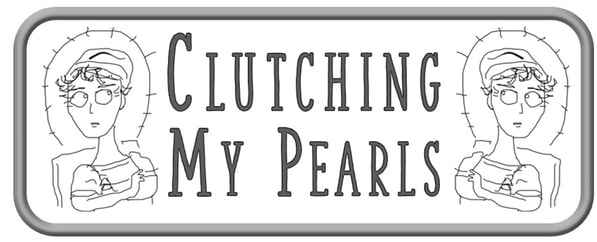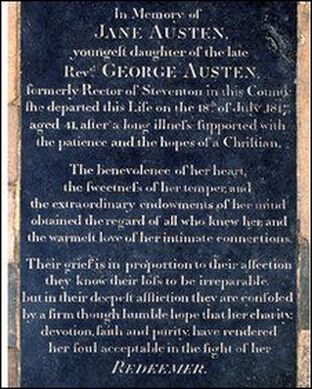| Clutching My Pearls is my ongoing blog series about my take on Jane Austen’s beliefs and ideas, as based on her novels. Folks today who love Jane Austen are eager to find ways to acquit her of being a woman of the long 18th century. Click here for the first post in the series. |
| CMP#62 Shocking Compared to Whom? |
|
 Many-tongued Rumour
Many-tongued Rumour So says an October 2020 New Yorker article, and who would dispute it? Mr. Darcy's entrance into the ballroom was followed by a "report which was in general circulation within five minutes... of his having ten thousand a year." Everyone seems to know how much money everybody else has: Mr. Collins knows Elizabeth is only entitled to one thousand pounds in the four percents after her mother’s death.
A poem by W.H. Auden, quoted above, surmises that Austen might be shocked to meet Lord Byron in heaven, but she is herself shocking because she's so frank and unsentimental about "the economic basis of society." However, as I’ve come to realize, the statement: “Jane Austen’s novels are preoccupied with money” is incomplete and somewhat misleading. The statement should be, “Jane Austen’s novels, like most novels of her time, were preoccupied with money.” There was nothing exceptional about it.
Many, many, novels of this period include exact descriptions of incomes, expectations, disappointments, and inheritances, especially as they relate to someone’s ability to get married. You can literally pick any18th-century novel at random and find passages referring to these things. And, just as in Sense & Sensibility, the financial circumstances of the main characters are often laid out in the introductory passages. Here is a sampling:







 RSS Feed
RSS Feed